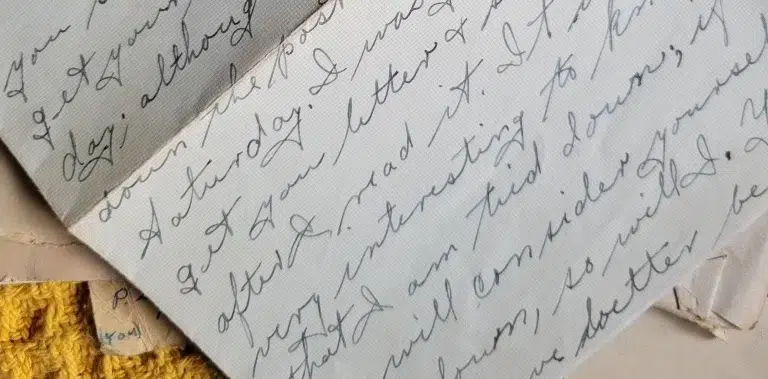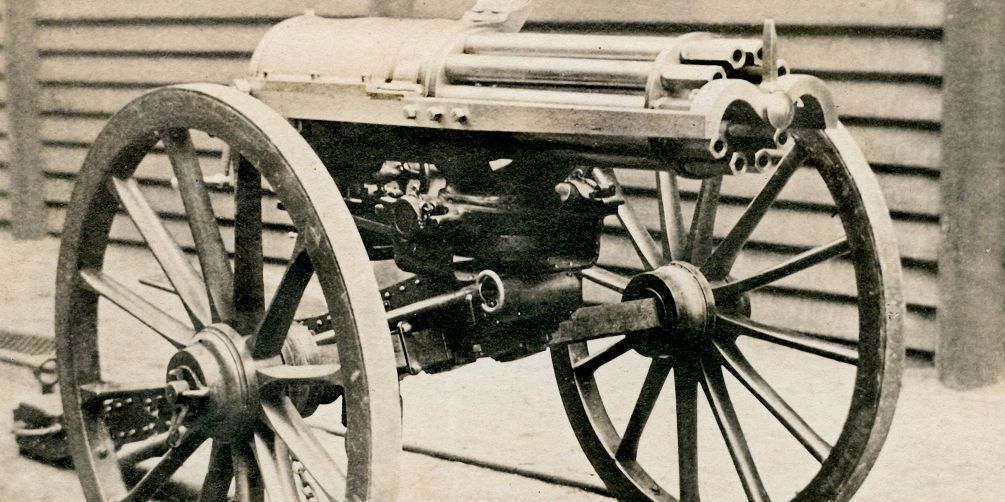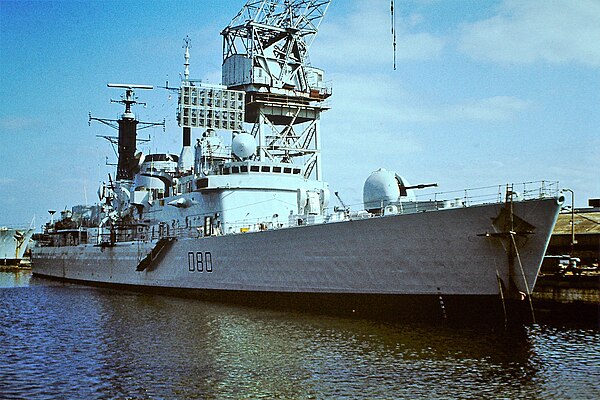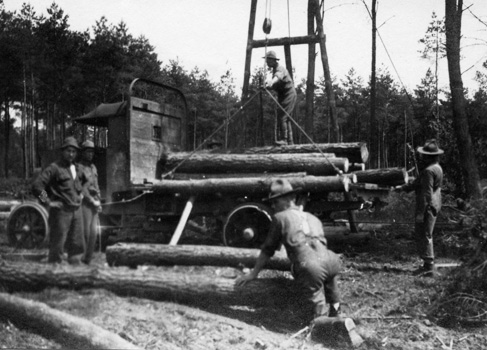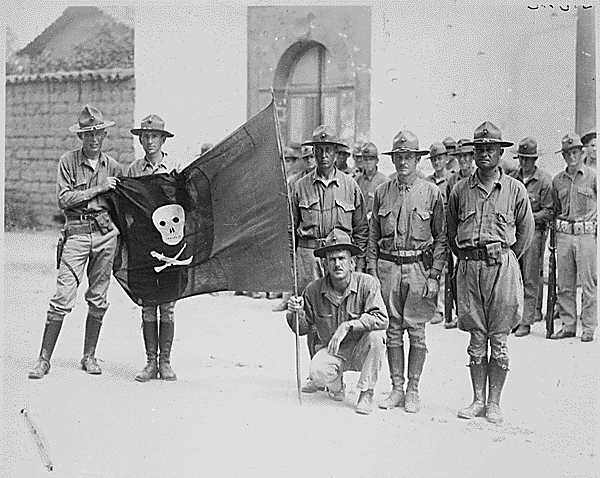Editor’s Note: Sandboxx News presents a World War II series by Kaitlin Oster on the power of hope, letters, and love in seeing us through the terrors and agony of war. You can read the other installments here and listen to Kaitlin’s radio interview about the series here, or visit her website here.
August 31, 1938
Dear Honey, My Honey,
I would have written you sooner, but I didn’t get your letter until yesterday; although it has been down the post office since Saturday. I was glad to get your letter and still happier after I read it. It was very interesting to know that I am tied down; if you will consider yourself tied down, so will I. You know, we better be careful or soon, if you’ll let me know in your next letter, we will be going steady.
To change the subject, Monday we went out in a motor boat and went fishing. When I got home, Eddie was here to greet us. He came out with Harry at about four o’clock. We’ve been having a lot of fun with Eddie. Tuesday we went out in the same boat and went dragging for killies (bait fish). Eddie came along; he’s staying for the week. He’s a bum though, he stole my bed; now he bunks in with Otz [Arthur].
So, with nothing else to write about, I’ll close as:
Steady Ha and your Honey, Love,
Harold
xxxxx P.S. I miss you a whole lot.
My regards to all. So long.
Related: Letters to Loretta: A series into the power of humanity to persevere during war
Tied down, not unlike the boat at the end of the dock, bobbing up and down in the shiny black water. The boat wasn’t captive, it wasn’t a prisoner of the dock. Rather, it was exactly where it was supposed to be. The boat was safe against the wood pilings, buffered with a couple of buoys so as to not scratch the surface.
When Harold was a boy he had learned that in order to properly tie a boat to a dock, it was important to leave enough slack for the tides. Just enough rope to let the boat drift along the water, move with the changing sea levels, and still remain close to home. If the rope was too tight, and the water came too high, the bow would be pulled under, and the boat would sink. Harold was the boat at the end of the dock, and Loretta knew exactly the right way to keep him feeling close and safe.
“No gal’s gonna tie me down,” Arthur said to Harold, matter-of-factly.
“What about Jeanne?” Harold nodded his head towards Arthur and raised his eyebrows.
“She hasn’t tied me down, I just don’t want to leave. That’s my choice.” Arthur played a defensive tone back at his brother, although Harold knew he wasn’t being serious. He laughed at how matter-of-fact Arthur tried to be sometimes.
“Alright, alright,” he said. “Do you think I should marry her before I enlist?” Harold turned his attention more seriously towards Arthur. He valued his twin brother’s opinions more than anything.
“What if you croak in training?” As he said this, Arthur slid himself down in his lawn chair enough to reach Harold’s with the tip of his foot and gave a light shove. Arthur chuckled then said, earnestly, “Why rush love, Ha?”
“Profound for once, Otz,” Harold replied. He did want to marry Loretta sooner than later, but Arthur was right – something Harold didn’t often admit.
The sun was beginning to set on the brothers’ last night at the summer home. September showed itself with a breeze that took the humidity with it as it crossed the yard, over the water, and past beyond where they could see. The fire Harold had started crackled low and deliberate, not ready to become extinguished; Harold didn’t want it to end either, if he was being honest with himself. He wanted to linger a while longer with the fresh feeling of being tied down and what felt like the final summer of his youth. He didn’t fear change, but Harold was no stranger to the uncertainty of what was beyond the summer house, and Queens, and seeing Loretta whenever he wanted.
“So when we get home, are we heading straight down to our respective enlisting offices? I’ve been thinking of saving a little nest egg before shipping off anywhere.” Harold prodded at the fire a little, trying to push some life back into it.
“That’s a good question,” Arthur began, “and a good idea too, I suppose. Who knows when the next war will be.”

They finished the rest of their evening in mostly silence until the fire in front of them all but went out. Harold doused it and followed Arthur back into the house. The bags they brought sat neatly along the wall next to the door, ready to leave. Arthur finished cleaning whatever was left in the sink and Harold began to rummage around the fridge for a late-night sandwich. He pulled out leftover lunch meat, potato bread, mayonnaise, and cheese. Arthur turned around and watched him take out a plate and a butter knife from the drawer.
“Are you pulling my leg? I just finished the last of the dishes.”
“I’ll make you a sandwich too if you want.”
“Well alright then,” he said. He twisted his mouth around as if he was trying to decide if he really wanted a sandwich. Of course he did. “But don’t bother with a plate. I’ll just eat it over the sink.”
Harold laughed and nodded, and got out some more potato bread. They ate in silence in the kitchen; Harold at the table and Arthur hovering over the sink. The yellow light above them hummed as the bugs did outside, and the brothers were at peace. It was these simple, quiet moments, Harold thought, that were the most important. When he and his brother could just get away from the loud, crowded bustling of Queens – of working in the city – and enjoy the hum of the bugs.
Arthur finished his sandwich and said, “Do you think we’ll look the same when we’re old men?”
“No, you’ll be uglier,” Harold said. He let go of a deep belly laugh before getting up to return his plate to the sink.
“How do you figure?” Arthur began, “we look the same now.”
“Yeah but you’re older so you’ll probably have more wrinkles than me by that point, Otz.”
“I’m not older by much!”
“Yeah, well, you liked to tell everyone you were the older brother when we were kids, so you’re older and you’ll have more wrinkles than me.”
“Oh yeah? Well, you can clean your own plate then.” Arthur’s cheeks matched the color of his hair and Harold stood at the sink laughing at his brother while he cleaned the plate and butter knife.
“At least we’re both good-looking now,” he said.
Arthur’s demeanor quickly changed and he stuck out his chest, flexing his arms. “That’s right,” he said with a grunt, “two of the toughest-looking fellas in Jamaica.”
“Alright, now, put them away,” Harold said as he placed the dishes in the drainboard. He carefully hung the dishrag back over the top of the faucet and dried his hands before folding the towel and placing it next to the sink.
“Tomorrow’s back to reality,” he sighed. “Back to finding a job and figuring out when we’re going to training.”
“It’ll work out, baby brother,” Arthur said with a wink.
Read more from Sandboxx News
- Garrett STAMP – The Marines nearly got a weird flying jeep during the Cold War
- Appearance is everything in the age of digital warfare
- F-35 versus A-10 showdown revived as new documents come to light
- SR-72? Hints of a new Skunk Works spy plane reignite rumors of a Blackbird successor
- The Tavor rifle was made for the Israeli military’s unique situation – Service rifles from around the world
